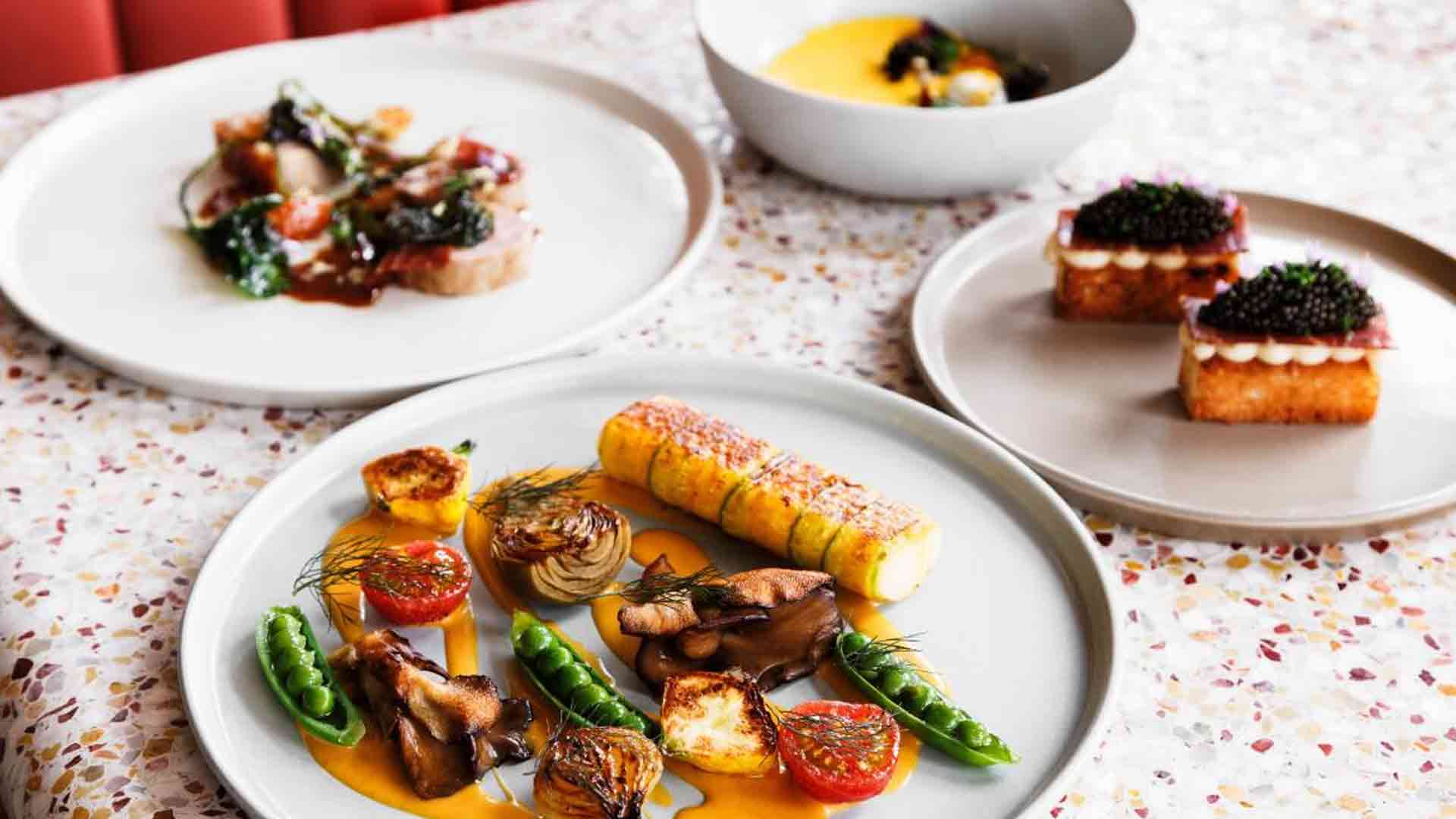Where Recipes Tell Tales

Where Recipes Tell Tales: Unveiling the Stories Behind Your Favorite Dishes
Recipes are more than just instructions on how to combine ingredients. They are vessels of history, culture, and personal experience. Each recipe carries a story, whispering secrets of generations past and offering a glimpse into the lives of those who created and cherished them. In this article, we'll explore how recipes transcend their basic function and become captivating narratives, connecting us to the past and enriching our understanding of the present. We'll also delve into the world of online culinary resources, like a global culinary directory, where these stories are being preserved and shared with the world.
Think about your grandmother's famous apple pie. The recipe likely isn't just a list of ingredients and baking times. It’s probably scribbled on a faded index card, stained with years of use, and perhaps even includes handwritten notes in the margins – a reminder to use a specific type of apple, a tweak to the sugar ratio, or a warning about a too-hot oven. These imperfections aren't flaws; they're integral parts of the story. They speak to the countless times the pie was made, the challenges encountered, and the love that went into perfecting it. That apple pie isn't just dessert; it's a tangible connection to your family history.
The stories recipes tell extend far beyond personal narratives. They offer insights into cultural traditions and historical events. Consider recipes for dishes like paella in Spain or gumbo in Louisiana. These aren't just meals; they are culinary representations of regional history and the mixing of cultures. Paella reflects the Moorish influence on Spanish cuisine, while gumbo tells the story of the African, French, and Spanish populations that shaped Louisiana. By studying the ingredients, techniques, and evolution of these recipes, we can learn about the migration patterns, trade routes, and societal changes that have shaped our world.
Moreover, recipes can be powerful tools for preserving cultural heritage. As globalization spreads and traditional ways of life fade, it's crucial to document and share recipes that represent unique culinary traditions. This ensures that future generations can connect with their roots and appreciate the diversity of human culinary expression. Online platforms and culinary databases are playing a vital role in this preservation effort, allowing individuals and communities to share their recipes and stories with a global audience. These resources serve as virtual libraries of culinary history, preserving traditions that might otherwise be lost.
The act of cooking a recipe itself can be a form of storytelling. When we carefully measure ingredients, follow instructions, and taste the flavors as they develop, we're engaging in a dialogue with the past. We're recreating a moment in time, honoring the traditions of those who came before us, and adding our own personal touch to the story. Each time we adapt a recipe, experiment with new flavors, or share it with loved ones, we're contributing to its ongoing narrative.
In conclusion, recipes are far more than just instructions for cooking. They are portals to the past, windows into different cultures, and testaments to the power of human connection. They are stories waiting to be told, and each time we cook, share, or adapt a recipe, we become part of that story. Explore the world of culinary traditions, search for your own family recipes, and discover the fascinating stories that await you. Utilize resources like a global culinary directory to unlock a world of culinary knowledge and connect with cooks and recipes from across the globe. You might be surprised by the tales they have to tell.
So, next time you're browsing through a cookbook or searching for a recipe online, remember that you're not just looking for instructions on how to make a meal. You're embarking on a journey through history, culture, and personal experience. Open your mind, embrace the flavors, and listen to the stories that the recipes have to share. You might just discover a whole new world of culinary delight and historical insight.